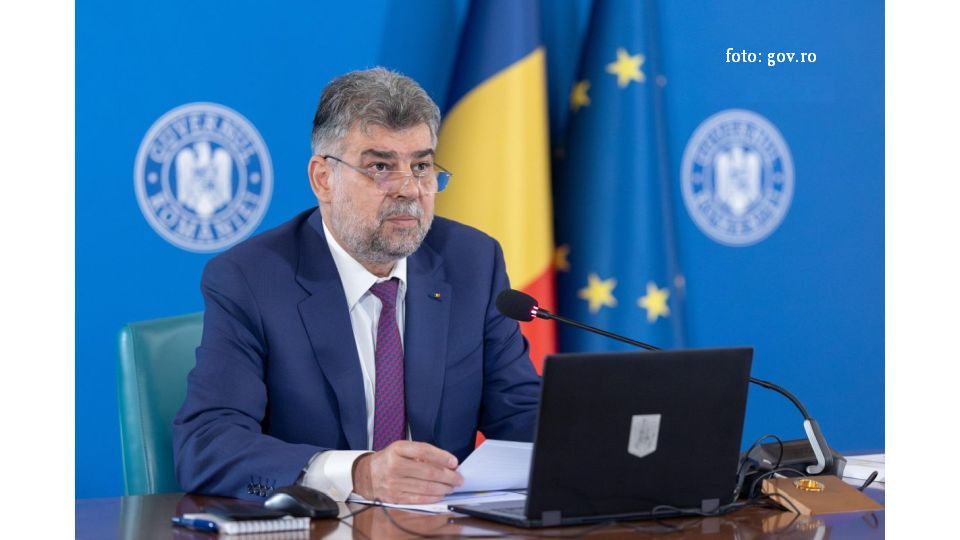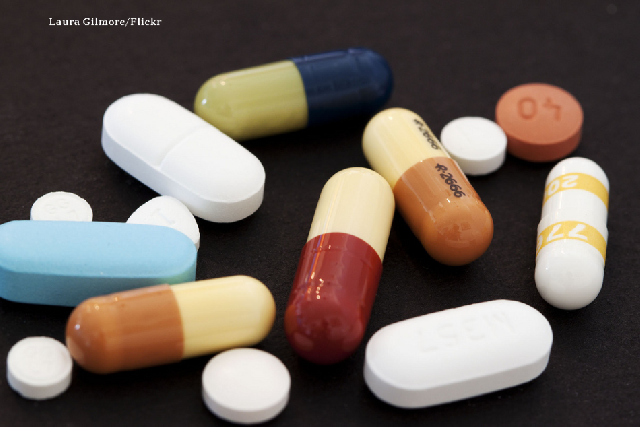Medicine consumption in Romania, especially antibiotics, is one of the highest across the European Union. A survey conducted by the European Commission two years ago revealed the fact that 70% of Romanians believe antibiotics kill viruses, as compared to 49% of the Europeans in a similar case. Also, 55% of Romanians believe antibiotics are efficient in flu and cold, as compared to 41% of Europeans. Asked how they purchase their medicine, 75% of respondents wrote they did so based on a prescription, while 5% maintained the medicine was directly given to them by a physician, while 18% claimed they obtained their medicine without a prescription from their physician, straight from the drugstore.
Of the total number of Romanians who were on antibiotics last year, 45% are men, while 54% are women. Also, 44% of those who have taken such medicine in the last months are aged between 15 and 24. The survey was conducted using 26,680 respondents across the European Union, of which 1,053 are from Romania.
More often than not Romanians try to self-medicate their problems away. Pedieatrician Daniela Nicorici, who specializes in api-phytotherapy gave us more details:
“Self-medication with Romanians has become a real phenomenon, fuelled by the lack of education in the field and sometimes by the limited means, or by the fact that people dont have enough time, or by the information they get on the Internet, or by drugstores preferentially handing out medicine, without a prescription.
It was also Daniela Nicorici who reminded us of the risks of self-medication.
“There are many risks. First of all, people might be intolerant to drugs or have allergies. There is also the risk of overdose, the risk of under dose, enabling germs to become drug-resistant. Immunity stands at a low level, if antibiotics are taken with no care at all. There is the risk of intoxication, even from the ordinary vitamins, there is also the risk of obesity as an aftermath to all that. Things dont get any easier with phytotherapy substances either. Some drugs are forbidden to children or pregnant women. Phytotherapy substances cannot be used in a mix with other drugs. My advice is for people to consult their physician and I should like to offer a piece of advice to the medical doctors, to devote more time for the education of patients as well.
The same confusion can also be noticed in the way Romanians choose their physician. In order to better understand that, we spoke to the director of a “second opinion medical centre in Bucharest, Ana-Maria Marian, who highlighted the importance of asking for two specialist medical opinions, if, as a patient, youre not so sure you were correctly diagnosed or you were prescribed the right medical treatment.
“Romanians are still used to googling whatever health problem they have and treat themselves accordingly. Seeing two or three specialist doctors or going from a family physician to a specialist is not the same as asking for a second opinion. Seeking a second opinion means going to a doctor who has specialized in your problem, and is recommended by an institution that specializes in this service. Any patient will wonder, is this diagnosis the right one? Am I getting the best treatment available?
The areas where Romanians immediately seek healthcare advice and even a second or third opinion are the critical ones, Ana-Maria Marian also says:
“The most frequent requests come in more sensitive areas, like oncology, neurology, neurosurgery or various other critical areas. Generally, the second opinion service is available to any patient who has doubts or questions regarding their diagnosis or treatment. They resort to second opinion services and have confirmation or get a better alternative for their health problems. Patients gradually learn that second opinion is a right they have, and they are increasingly aware of ways to request it, which translates into an increase in the number of patients from one month to the next. It is very important that we have managed to establish a network of partnerships with top-level doctors in Romania, who provide this service to our patients.
However, a growing number of Romanians resort to clinics abroad when they have a health problem. For lower-income people, who cannot afford to seek treatment abroad, there are clinics in Romania that work with foreign doctors, as Ana-Maria Marian tells us:
“Weve decided to extend this project nation-wide, because we have very good Romanian and foreign doctors, and we need to teach patients that requesting a second opinion service is beneficial for them. Doctors who work abroad are more familiar with this second opinion process. We always try to find experts specializing in very specific problems, so that when we have a request we may present our patients with at least two options. And we usually come up with an option in Romania and another one abroad. What is very nice is that some foreign doctors come to Bucharest to perform examinations or even surgery, as part of our visiting doctor programme. That means that various specialists come here once a month and see Romanian patients.
If Romanians resort more often to recognized specialists, be they from Romania or abroad, this will help strengthen their confidence in expert health care and implicitly will help reduce the scale of self-medication.

